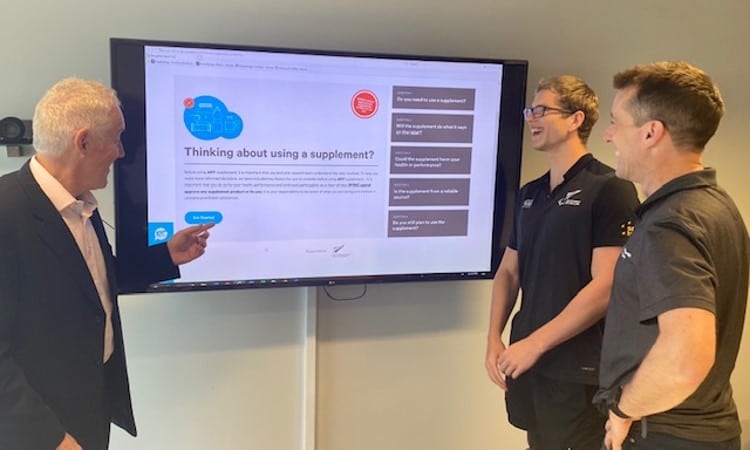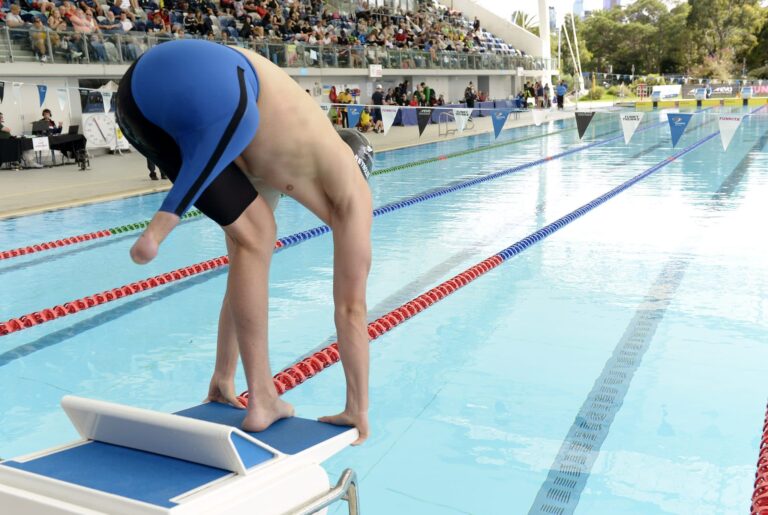A new sports supplement guide has been released today by Drug Free Sport New Zealand (DFSNZ) and High Performance Sport New Zealand (HPSNZ). The guide aims to increase awareness of the risks associated with supplement use and to help athletes and support personnel make more informed decisions. The guidance draws on expert advice from HPSNZ nutritionists Jeni Pearce and Tanya Hamilton, and the academic research of DFSNZ Education Manager Sian Clancy.
Drug Free Sport NZ Chief Executive Nick Paterson says “Supplement use is common among athletes, but presents a real risk, as over the past few years a number of athletes have tested positive for prohibited substances. While some athletes receive expert support to help them make more informed decisions, a majority do not.
“Neither DFSNZ nor the World Anti-Doping Agency approve or endorse any supplements. We hope that this new guide will help athletes understand the risks better before making decisions about taking a supplement.
High Performance Sport New Zealand Chief Executive Michael Scott says HPSNZ has been happy to support the development of the guide with input from the organisation’s performance nutritionists.
“We strongly recommend a food first approach to athlete nutrition. We suggest that before any athlete takes a supplement, they should seek the advice of a doctor or sports dietician about whether they really need it, or whether changes to their diet or training programme could achieve the same result. However, if they are choosing supplements it is important to obtain the best available guidance and that is what this initiative is about.“
Paralympic swimmer Jesse Reynolds received an introduction to the newly launched resource from Nick Paterson and Michael Scott.
“I think this will be a really useful tool for athletes. It goes beyond simply putting the facts and risks in front of us and takes us step by step through the key questions we need to think about before using a supplement,“ Reynolds says.
Supplements can include protein shakes, pre workout drinks, energy drinks, herbal remedies and vitamins. DFSNZ advises athletes that no supplement is 100% safe, however using batch tested products is the best way to reduce risk. Supplements can be contaminated with substances that are prohibited for athlete use. Many supplements may also have inaccurate labelling. Ingredients can have more than 20 different names and not every version is listed on the label. Labels may also fail to list every ingredient or refer to “proprietary blends“ where ingredients are not specified.
DFSNZ’s goal is to support Kiwi athletes to compete clean, and has a range of education programmes available including education workshops, e-Learning, education resources, all of which cover the risks of supplements.
Supplement Decision making guide available here on this link.
Article written by DFSNZ.



























